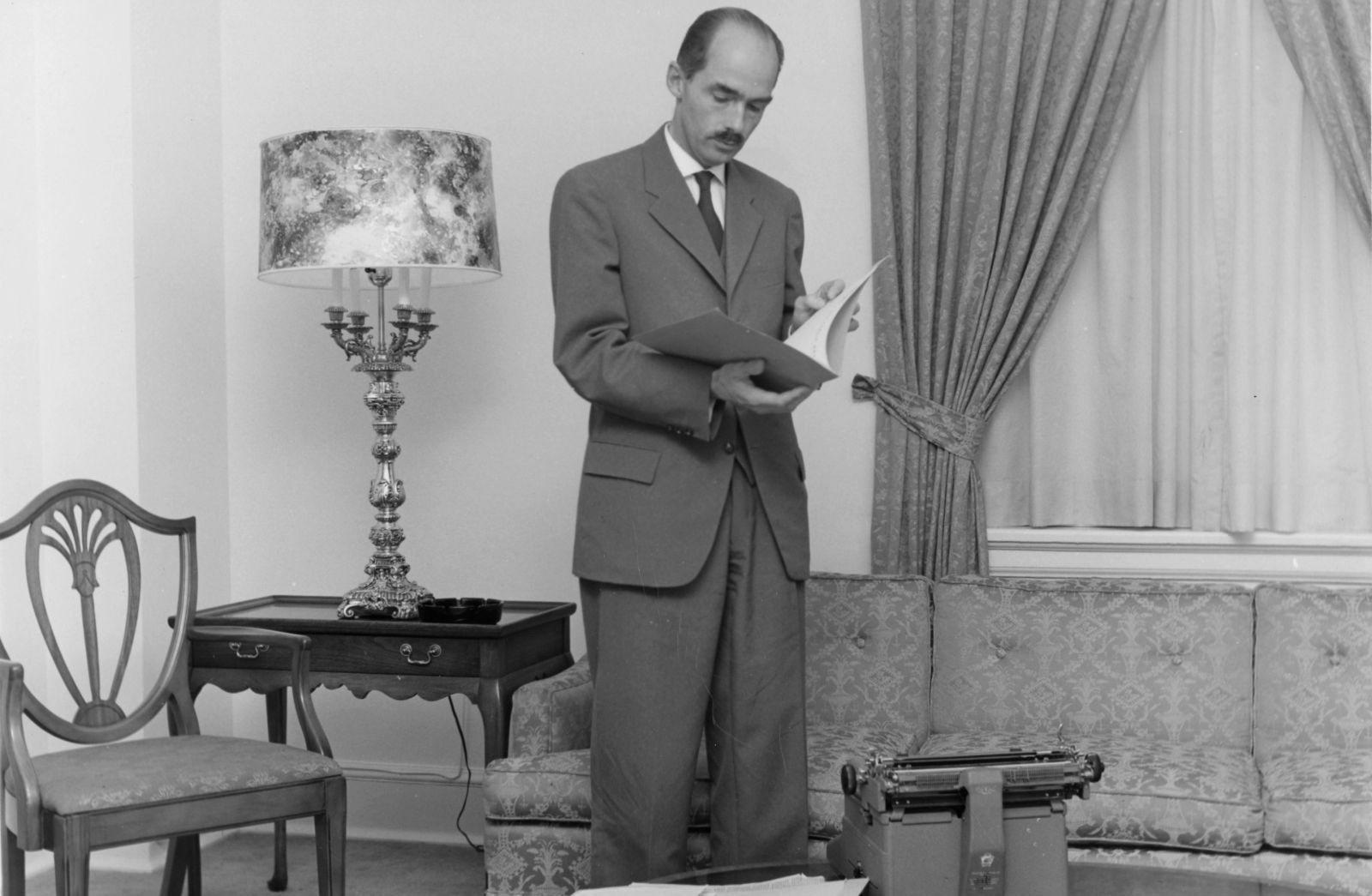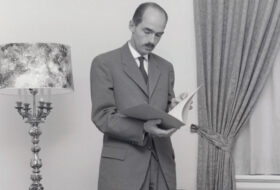First of all, he collected the differences and similarities, and then published an article on the subject in the journal Új Európa (New Europe).[1] In his view, Moscow could count on China’s support in 1956 to crush the revolution, but not in 1968. He saw this as one of the reasons why, twelve years after the events in Hungary, Moscow was proving more cautious and hesitant. While in 1956 the Western world had been still encouraging the revolutionaries, without the intention of intervening, in 1968 it was urging restraint, and there was no question of intervention. According to Otto von Habsburg, the differences are important, but he points out important similarities, such as the fact that in 1956 and 1968 the role of the intellectual elite was decisive in the outbreak of events. The former heir to the throne saw the Prague Spring as a kind of “slow-motion” version of the Hungarian revolution. In his article on the election of President Nixon, he wrote: “What 12 years ago had happened in, shall we say, 24 hours – meaning November 4 – now lasted a whole month.”[2] According to Otto von Habsburg, while in 1956 the Kremlin had handled the situation in Hungary relatively “skilfully” from its own point of view, both militarily and politically, the same could hardly be said of the Prague Spring of 1968. The former heir to the throne argued that the way the Soviet Union handled the issue politically in particular was ‘counterproductive’, and he pointed out the deep divisions within the Moscow leadership and the fact that the ruling group was acting according to old prejudices and not taking into account new phenomena: the nuclear age and the growing power of China. He saw the events of 1968 as showing once again that the ideology of Marxism-Leninism was becoming less and less responsive to the challenges of the times.
The Prague Spring confirmed Otto’s conviction that the rule of the Soviet Union and communism would not last – and so neither would the existence of the Eastern Bloc. In his book Politik für das Jahr 2000 (Politics for the Year 2000), published in 1968, he wrote that the economic and social ideas of communism were outdated, as they were rooted in 19th century concepts. He argues in depth that events in the 20th century will inevitably lead to a decline in the popularity of communism and the downfall of systems based on this ideology. This prophecy was confirmed in Europe thirty-four years ago, with the regime change.
The namesake of our Foundation always believed that the Soviet Union and communism “got the death wound” in 1956 in Hungary. Bearing in mind this historical legacy and the responsibility it entails, sixty-seven years after the Revolution, we can still proudly state with Otto von Habsburg: “No, the Hungarian Uprising was not in vain!”[3]
Gergely Fejérdy
[1] Otto von Habsburg: Történelmi összefüggések. (Historical correlations.) Új Európa, 1968, 10, 5–6.
[2] Otto von Habsburg: Mi várja Nixont? Külpolitikai körkép. (What’s awaiting Nixon? Foreign Policy Panorama.) Új Európa, 1969, 1, 7–11.
[3] Otto von Habsburg: Forradalom és hatása ma. (Revolution and its impact today.) Pesti Hírlap, 22 October 1991, 1.


